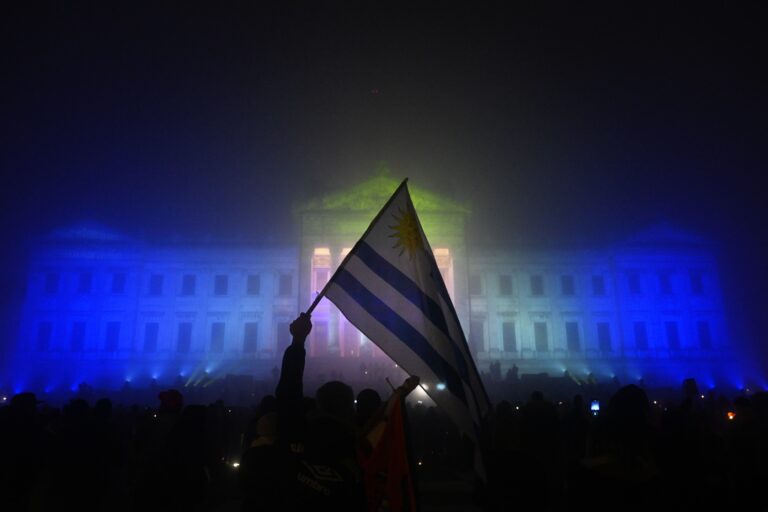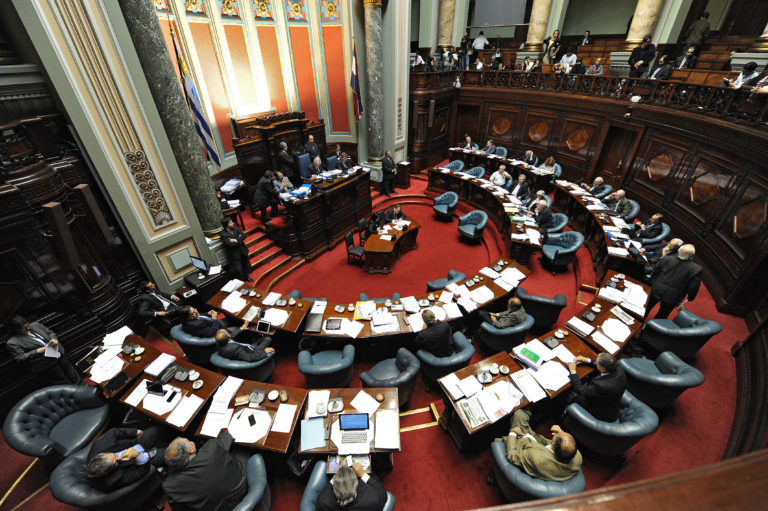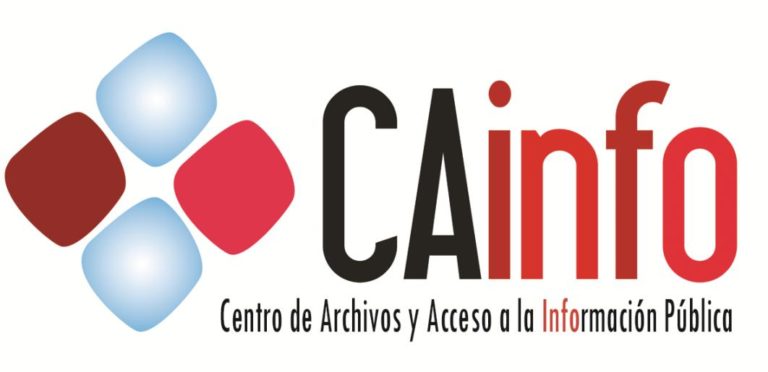(AMARC/IFEX) – According to AMARC, on 22 April 1998, the Uruguayan Congress began to debate legislation which affects community radios. The president of the Congress, Jaime Trobo, said the legislation would be given priority. The Bill, sent by Congress in July 1997, is considered by broadcasters to be the most repressive yet, with its penalties […]
(AMARC/IFEX) – According to AMARC, on 22 April 1998, the Uruguayan Congress
began to debate legislation which affects community radios. The president of
the Congress, Jaime Trobo, said the legislation would be given priority. The
Bill, sent by Congress in July 1997, is considered by broadcasters to be the
most repressive yet, with its penalties of up to ten years in prison.
**Updates IFEX alerts dated 30 and 25 July 1997 and 31 March 1998**
The Bill states that anyone using a radio frequency without authorization
and the assignation of a frequency by the proper authorities will face
penalties ranging from three months to four years in prison.
Background Information
According to the Bill, it would be illegal to broadcast with any other
national or international license, whether valid or not. Anyone who permits
their office, home, establishment or medium of transportation to be used for
the operation of a radio service will also be subject to sanctions. The
sanctions even affect those who make financial contributions or give
technical support to these stations. The authorities would be able to search
and occupy any place used by the stations and confiscate their equipment.
Broadcasters condemn and oppose these repressive actions against the radio
stations that serve the community. They urge the responsible authorities to
grant authorization to the stations who are members of the Coalition of
Community Radio Stations (la Coordinadora de Radios Comunitarias del
Uruguay – ECOS) and to open space for dialogue.


